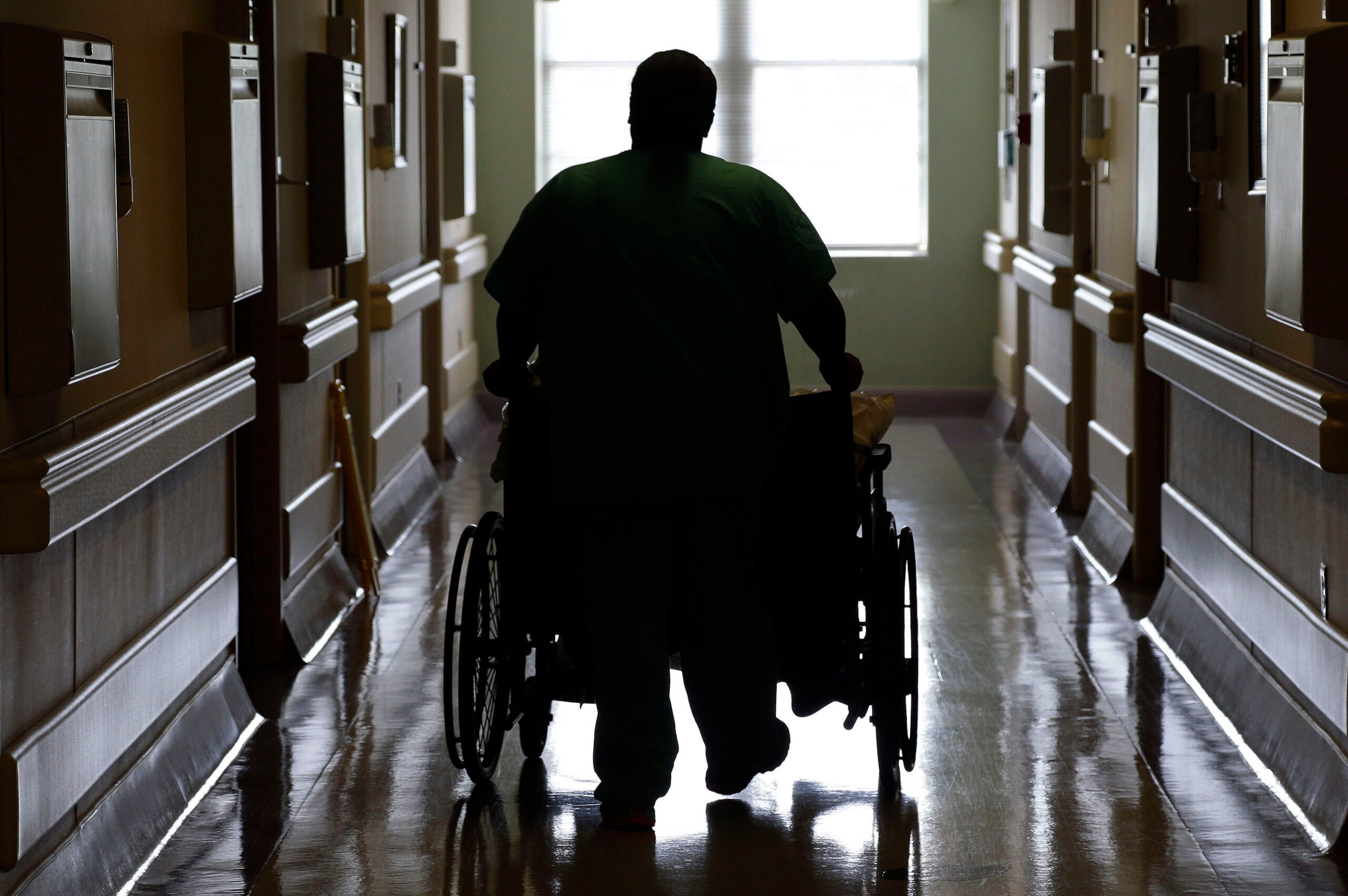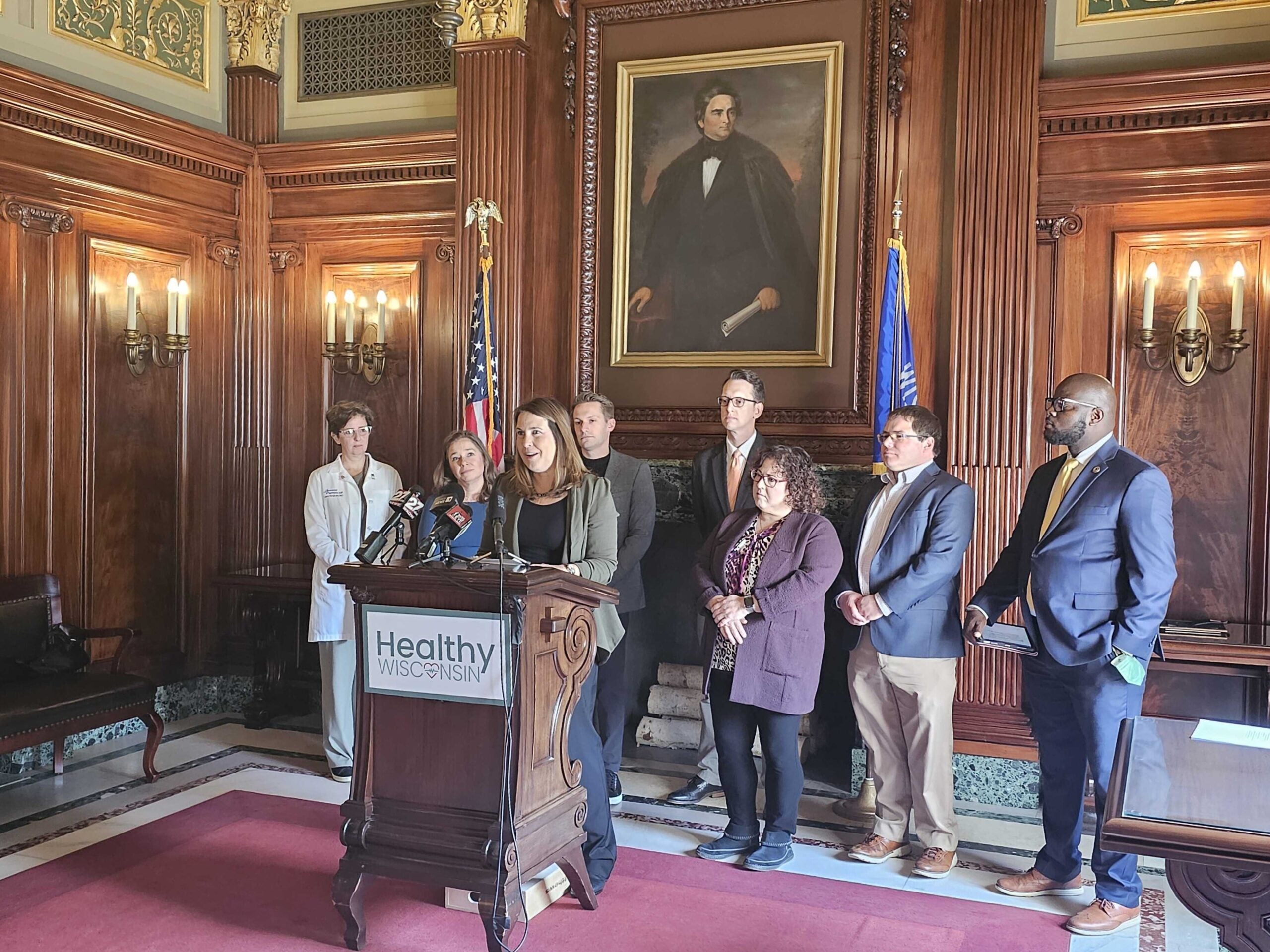This summer the U.S. Supreme Court ruled Medicaid expansion was optional under the Affordable Care Act.Some opponents of health reform, like Rick Perry of Texas, said right away their state would not offer more people government health benefits. Other Republican governors, like Wisconsin’s Scott Walker, are still deciding.
Medicaid is a state and federal program that provides health care to the poor.States that expand can get 100-percent federal funding the first two years and decreasing amounts after that.For a handful of states with already generous Medicaid programs, there’s a question of whether they can get this extra federal money because it’s for newly eligible enrollees.A Milwaukee advocacy group says “yes”.Wisconsin could get the feds to pick up more of the cost of covering childless adults, even though the BadgerCare Core program was in place before health reform passed.The Public Policy Institute’s David Reimer says proof is in the Congressional Record.Reimer, a former state budget director, sent Governor Walker a copy to justify Medicaid expansion.
“A lot of the adults without dependent children need to get their health problems fixed, be able to go to work and pay child support,” he says.”If they go to work they can be connected to our economy and that reduces temptation they might have to break the law. It means they’re taxpaying, law abiding citizens contributing to our community.”
Stay informed on the latest news
Sign up for WPR’s email newsletter.
Two different national studies indicate states might actually save money by expanding Medicaid. That’s because of increased federal cost sharing. One analysis is by the Urban Institute. The other was done by the Kaiser Family Foundation.
Wisconsin Public Radio, © Copyright 2024, Board of Regents of the University of Wisconsin System and Wisconsin Educational Communications Board.






